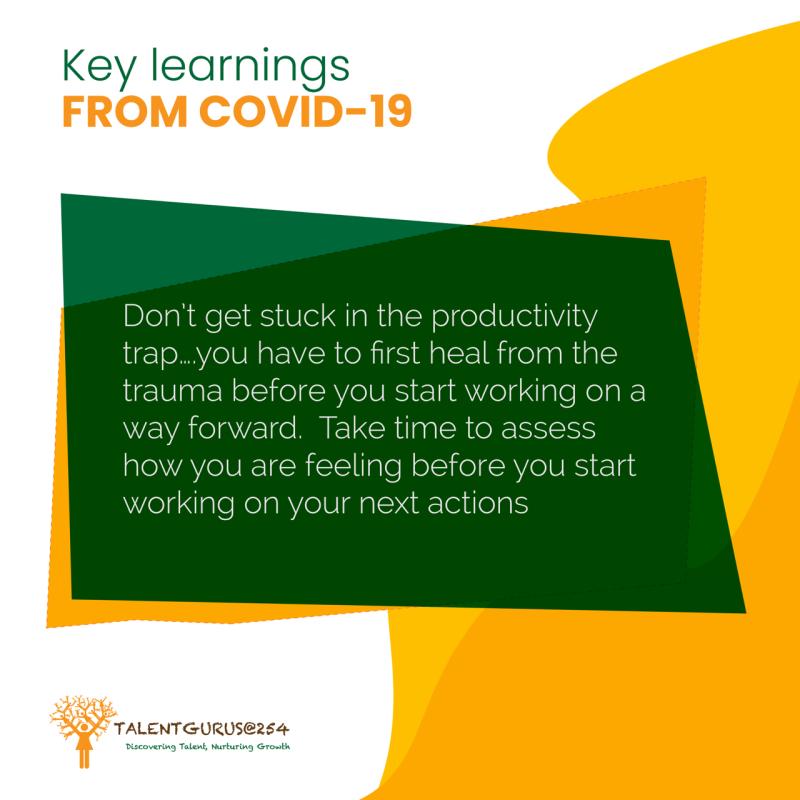If you’re thinking of looking for a new job in 2015, you’re not alone. According to research released this month, more than a third of workers are planning to move jobs this year. But a new role doesn’t always live up to expectations, and before long you may be back scrolling through recruitment sites searching for that elusive dream job. So how do you avoid making the wrong move and choose a career that will make you happy?
The first step is to understand your personality and how you like to work, says Siobhan Hamilton-Phillips, director and founder of Career Psychology. The consultancy uses psychometric assessments to help people find a job that they will enjoy. “It’s about finding out as much about your personality as possible. You really need to have an occupation that plays to your strengths,” says Hamilton-Phillips. “For example, extroverts are good at social interaction and communicating. They tend to make good trainers. Introverts like working in smaller groups or on their own. They have the ability to concentrate and focus for a long time.”
Understanding your personality traits helps you recognise which working environments you are best suited to, she says. “If you know you’re playing to your strengths, in an environment you can thrive and feel your work is rewarding, that really is happiness at work.”
The next stage is to think about the skills you enjoy using. People are happy when they use skills that make them feel energised, says John Lees, a career strategist and author of How to Get a Job You Love. So how do you find out what these are? “When you think about work on a Sunday night, what are the bits of work you look forward to? That gives you very powerful clues for what you should be doing.” He also recommends sitting down with a friend and discussing your work history. Afterwards, ask them for the times when you seemed most excited and engaged. This will help reveal the type of work you like best.
When it comes to getting a new job, many of us make the same mistake. People don’t do enough research to find out if they’ll actually enjoy the job, says Lees. “They understand they need to do a lot of research to be a good candidate in a job interview but they don’t do research for themselves.” This is particularly crucial if you’re planning a big career change. Lees recommends talking to people from the organisation or sector and asking them what the role involves day to day. Work shadowing is also a good option. Otherwise how will you know if you’ll like the job? “It’s not all about internal reflection,” says Lees. “You only learn by asking people, ‘what do you do most of the time?’”
Novella Bottini, an econometrician at thinktank Legatum Institute, which commissioned a report on wellbeing and policy in 2014, says there are four key features that affect people’s happiness at work: support and recognition, a clear idea of what is expected of them, reasonable freedom over how they do the work and having a good work-life balance.
The latter is particularly critical. Bottini explains: “A study in Europe suggested that people who are working more than 40 hours a week are usually less happy. They have less time for social relationships, for being part of a community. We know that these elements are critical for the wellbeing of a person.” However, if you are feeling the strain of long working hours, the answer isn’t necessarily to look for another job. First, try and negotiate your role with your manager to address the balance. If you’re having the opposite problem – that your job isn’t challenging you – ask about the opportunities to make a sideways move or work on a new project.
What about the all important question of money? We might think a six figure salary will make us happy, but research suggests otherwise. A study, which used data from the Office for National Statistics, looked at the relationship between different jobs and levels of life satisfaction. And while company chief executives, earning £117,700 a year on average, were found to be the second happiest employees, many in the top 20 earn less than £19,000 a year, including company secretaries, fitness instructors and school secretaries. Vicars, who earn around £20,568, were found to be the most joyful of all.
Money means different things to different people, says Lees. “Money is part of the mix but it’s not as important as people believe. It’s not an indicator of work happiness. All we know is that giving people more doesn’t make them happier or improve their performance.” However if people feel underpaid, that can be a powerful demotivator.
Once you’ve experienced the world of work for a few years you begin to realise the type of jobs you enjoy. However if you are fresh out of school or university, how can you tell from the bewildering array of career option which job will give you the most satisfaction? Tim Reed, head of the careers and employability service at University of Kent, says graduates should reflect on “who they are, what they want from life, what they enjoy doing and what their values are. It’s then matching that with realistic opportunities out there. It’s hard for graduates but it’s possible”.
This content is brought to you by Guardian Professional.


